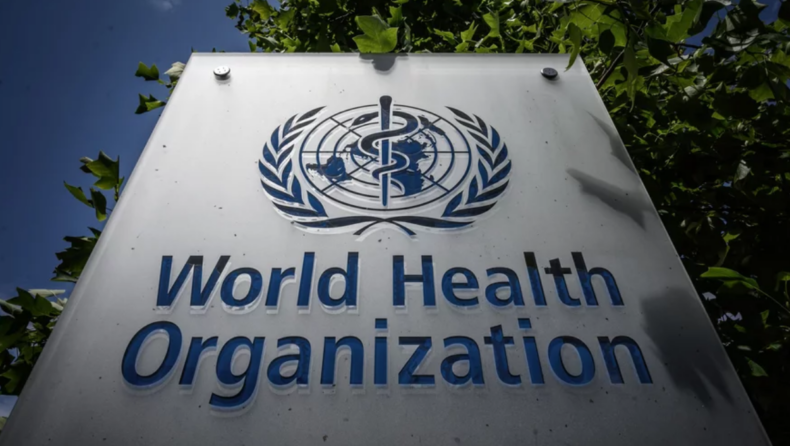According to a new report by the United Nations’ health agency, the coronavirus pandemic killed nearly three times as many people as previously reported.
Nearly half of the deaths that had gone uncounted until now occurred in India, according to the WHO report.
New World Health Organization (WHO) Report

According to a new World Health Organization (WHO) report, nearly three times as many people have died as a result of COVID-19 as official data indicate.
By the end of 2021, the UN body estimated that COVID-19 would be responsible for 14.9 million additional deaths. Between January 2020 and the end of December 2021, the official count of deaths directly attributable to COVID-19 and reported to WHO totals slightly more than 5.4 million.
Nearly half of the deaths that had gone uncounted until now occurred in India, where 4.7 million people were reported to have died as a result of the pandemic – a figure ten times higher than the country’s official figure and nearly a third of the global total.
Excess mortality is calculated as the difference between actual deaths and the number that would have occurred in the absence of the pandemic, using data from previous years.
The WHO’s figures reflect people who died directly or indirectly as a result of COVID-19’s broader impact on health systems and society, such as those who were unable to access healthcare for other conditions as a result of systems being overwhelmed by massive waves of infection.
Accurately recording COVID-19 deaths globally has been a challenge throughout the pandemic, owing largely to limited testing and differences in how governments compile such data. Even prior to the pandemic, approximately six in ten deaths worldwide were not recorded, according to the WHO.
WHO Director-General Tedros Adhanom Ghebreyesus says,
“These sobering statistics demonstrate not only the pandemic’s impact, but also the importance of all countries investing in more resilient health systems capable of sustaining essential health services during crises, including stronger health information systems.”
Other Models’ Opinion On The Situation
Other models have also concluded that the global death toll is significantly higher than recorded statistics.
-
The Lancet
According to a recent study published in the medical journal The Lancet, scientists at the University of Washington’s Institute of Health Metrics and Evaluation estimated that more than 18 million COVID deaths occurred between January 2020 and December 2021.
By comparison, it is estimated that approximately 50 million people died during the 1918 Spanish Flu pandemic, and 36 million people have died of HIV since the epidemic began in the 1980s.
-
Dr Bharat Pankhania, health specialist at the University of Exeter
Dr Bharat Pankhania, a public health specialist at the University of Exeter in the United Kingdom, stated that the true cost of COVID-19’s devastation, particularly in poorer countries, may never be known.
“When you have a large outbreak in which people die in the streets due to a lack of oxygen, bodies are abandoned, or people are cremated quickly due to cultural beliefs, we never know exactly how many people died,” he told The Associated Press news agency.
He added that, while the COVID-19 death toll is still insignificant in comparison to the Spanish Flu toll, the fact that so many people died despite advances in modern medicine, including vaccines, is shameful.
Additionally, he cautioned that the cost of COVID-19 could be far more detrimental in the long run, given the growing burden of long COVID.
Conclusion
Countries are willing to make significant investments in their data and health information systems. Health has never had a more pronounced impact on all facets of society – from economic activity to social and environmental factors.
We can ensure that no one dies from a preventable, treatable illness with adequate data. We can reach vulnerable communities with accurate data. We can achieve the SDGs while leaving no one behind if we have accurate data.
“We must keep in mind that each health statistic represents a person, a family – a life. The data on fatalities is no different.”
Published by: Aditya Negi
Edited by: Khushi Thakur













